Church Records [4 of 8]
FAMILY HISTORY

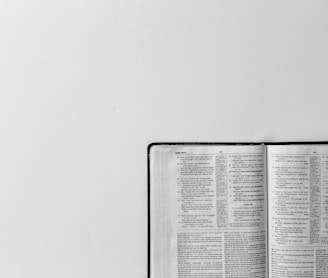
Church records are an invaluable source of information for family historians. They usually contain information on christenings, baptisms, marriages, burials, and other events that occurred in a church. Many of these records date back centuries, providing a wealth of information about past generations.
Church Records
Church records are an invaluable source of information for family historians. They usually contain information on christenings, baptisms, marriages, burials, and other events that occurred in a church. Many of these records date back centuries, providing a wealth of information about past generations. Church records are also useful for learning more about historical events that took place in a particular area. For example, if a church record indicates that a wedding was held in a certain year, it may be possible to use other sources to learn more about the political or social events that were taking place at the time. The baptismal register entry for John CASH follows.
The year 1855 has a special significance in Scotland as it was the year civil registration was introduced. For the first time compulsory, legally bound record keeping in the form of the civil registration of births, marriages and deaths was to become the norm. Most of Scotland’s records have been digitised and are now available online at the Scotland’s People web site. More about this fantastic resource later in 1.6 Online Repository’s. In the main, Scotland’s record keeping post 1855 is “greatly superior to that of England or Ireland” (Hamilton-Edwards, 1983). The Old Parish Registers (OPRs) comprise the records of births and baptisms, banns and marriages and deaths and burials kept by individual parishes of the Established Church (Church of Scotland) before the introduction of civil registration in 1855 (Scotlands People, 2023).
When the duty for maintaining Registers of Births, Marriages and Deaths moved to the state, in the form of the Registrar of Births, Marriages and Deaths, the person notifying the Registrar would receive the certificate. These certificates often include additional names directly relevant to the family history researcher. However, not all birth certificates are the same eg different times or periods in history, different Local Authorities etc may furnish new parents with birth certificates that look quite different. They look more like a receipt than anything else. When ordering certificates of our ancestors today, a “copy” of the register entry is sent. Two differing examples follow © Crown Copyright.
Parish registers completed before the 1855 change are referred to as the Old Parish Registers (OPR). These are, or were, often badly kept and relied heavily on the literacy, enthusiasm, and attention to detail of local scribes, schoolmasters, and parish clerks. The legibility of the handwriting ranges greatly too, from “their mark” (X) and an accompanying signature from a third party to attest that the X did belong to them, to elaborate, almost illegible, script. The Marriage register entry of Archibald HARPER and Margaret GREIG from the Old Parish Registers follows © Crown Copyright National Records of Scotland.
In Scotland there has traditionally been two forms of marriage - "Regular" and "Irregular". Under early modern Scots Law, there were three forms of Irregular marriage. The form used is recorded in the first column regarding the “How” (married) question. The following image shows the Irregular Marriage of James Albert HARPER and Isabella CRUICKSHANK in 1895 © Crown Copyright.
An irregular marriage could result from:
1. Mutual agreement;
2. By a public promise followed by consummation; and
3. By cohabitation with habit and repute. (Scotlands People, 2021)
The first two of these were abolished by the Marriage (Scotland) Act 1939, from 1 July 1940. A marriage by "cohabitation with habit and repute" as it was known in Scots Law could still be formed.
In 2006, Scotland was the last European jurisdiction to abolish this old style common-law marriage by the passing of the Family Law (Scotland) Act 2006 (The National Archives, 2006).
References
Hamilton-Edwards, G., 1983. In Search of Ancestry. 4th ed. Chichester: Phillimore & Co. Ltd.
Scotlands People, 2021. Irregular marriage and the kirk session in Scotland. [Online] Available at: https://www.scotlandspeople.gov.uk/article/irregular-marriage-and-kirk-session-scotland [Accessed 23 March 2023].
Scotlands People, 2023. Church registers. [Online] Available at: https://www.scotlandspeople.gov.uk/guides/record-guides/church-registers [Accessed 28 March 2023].
The National Archives, 2006. Family Law (Scotland) Act 2006. [Online] Available at: https://www.legislation.gov.uk/asp/2006/2/contents [Accessed 23 March 2023].
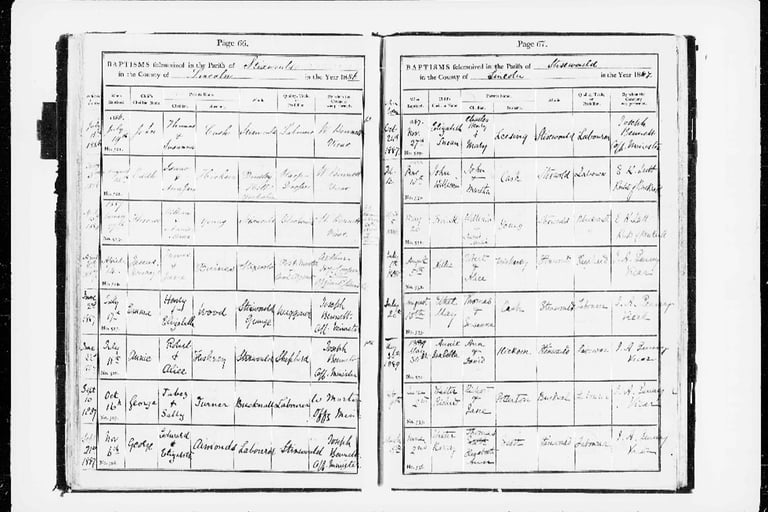

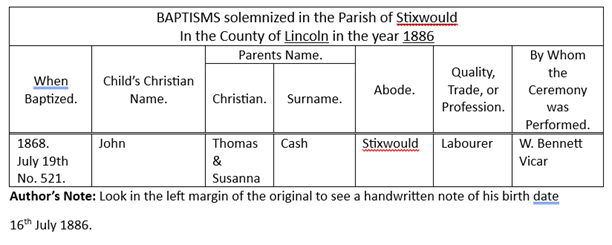

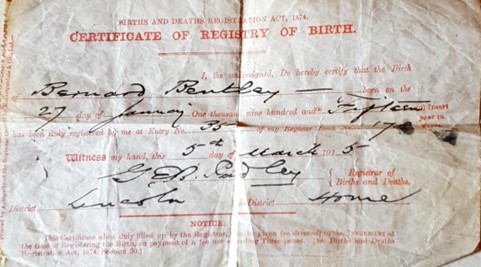

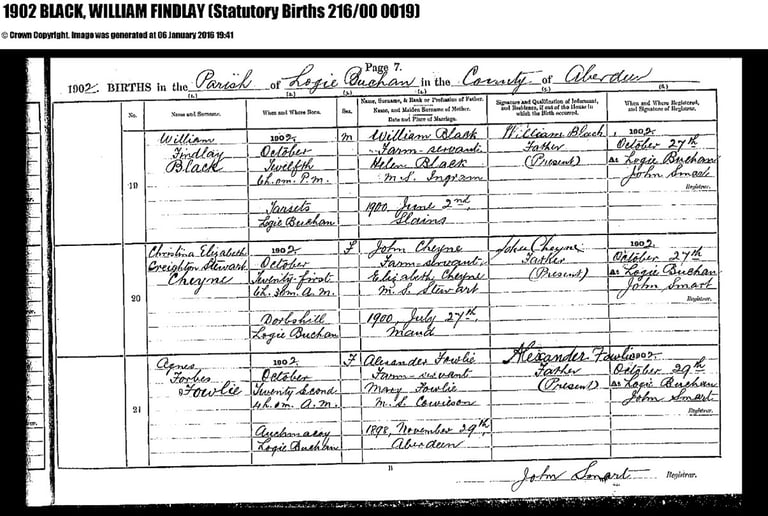


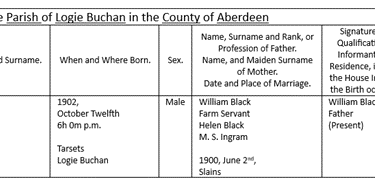
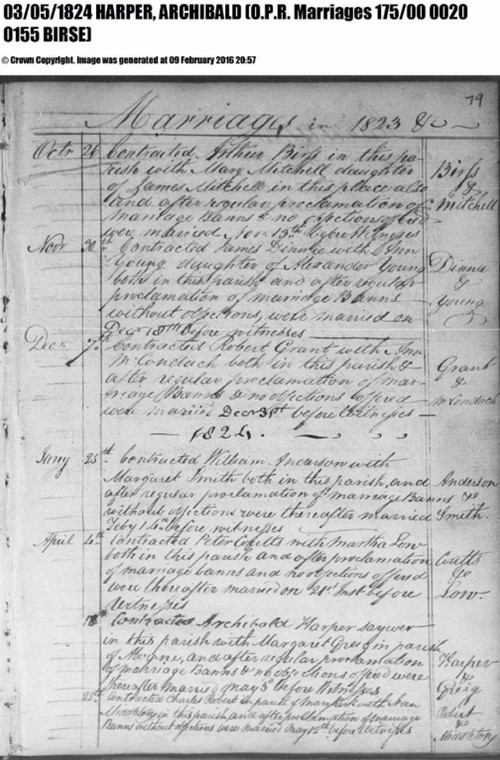


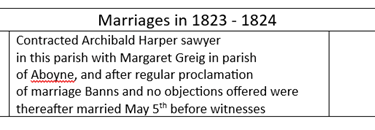
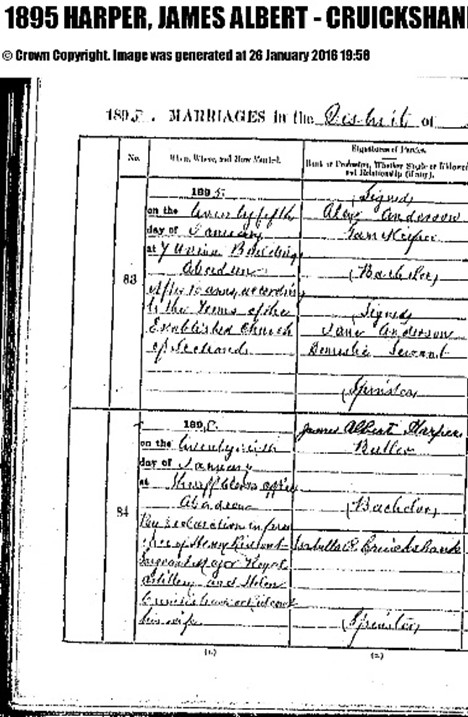

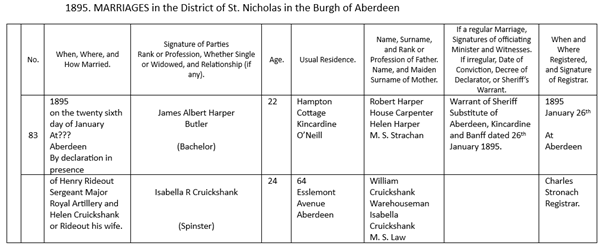

(c) 2024
